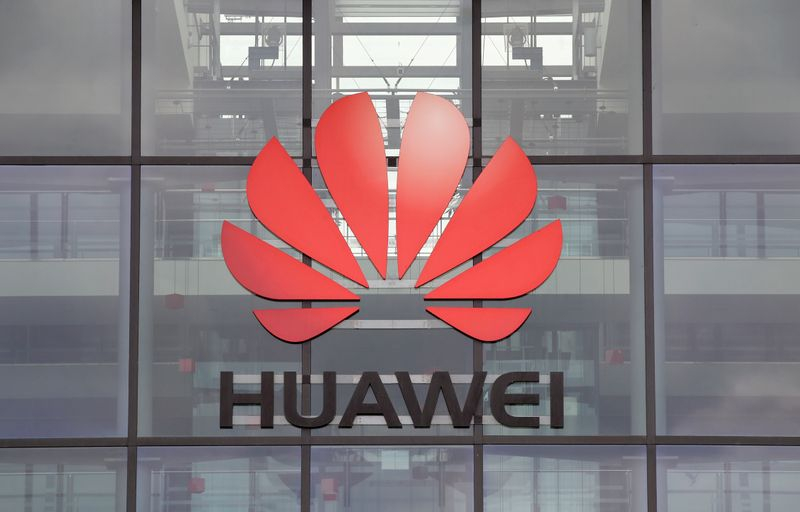Exclusive: Trump slams China’s Huawei, halting shipments from Intel, others – sources By Reuters

By Karen Freifeld and Alexandra Alper
NEW YORK/WASHINGTON (Reuters) – The Trump administration notified several Huawei suppliers, including chipmaker Intel, that it is revoking certain licenses to sell to the Chinese company and intends to reject dozens of other applications to supply the telecommunications firm, people familiar with the matter told Reuters.
The action against Huawei Technologies – likely the last against the company under Republican President Donald Trump’s administration – is the latest in a long-running effort to weaken the world’s largest telecommunications equipment maker, which it says is a threat to U.S. national security and foreign policy interests.
The notices came amid a flurry of U.S. actions against China in the final days of the Trump administration. Democrat Joe Biden will take the oath of office as president on Wednesday.
An Intel Corp (NASDAQ:INTC) spokesman had no immediate comment, and a Commerce Department spokesman did not immediately return requests for comment.
In an email seen by Reuters documenting the actions, the Semiconductor Industry Association said on Friday the Commerce Department had issued “intents to deny a significant number of license requests for exports to Huawei and a revocation of at least one previously issued license.” Sources familiar with the situation, who spoke on condition of anonymity, said there was more than one revocation.
The email said the actions spanned a “broad range” of products in the semiconductor industry and asked companies whether they had received notices.
The email noted that companies had been waiting “many months” for licensing decisions and with less than a week left in the administration, dealing with it was a challenge.
A spokesman for the semiconductor group did not immediately respond to a request for comment.
The United States put Huawei on a Commerce Department “entity list” in May 2019, citing national security concerns, restricting suppliers from selling U.S. goods and technology to the company.
But some sales were allowed and others were denied while the United States ratcheted up the restrictions against the company, including expanding U.S. authority to require licenses for sales of semiconductors made abroad with American technology.
Before the latest action, some 150 licenses were pending for $120 billion worth of goods and technology, a person familiar with the matter said, which had been held up because various U.S. agencies could not agree on whether they should be granted.

